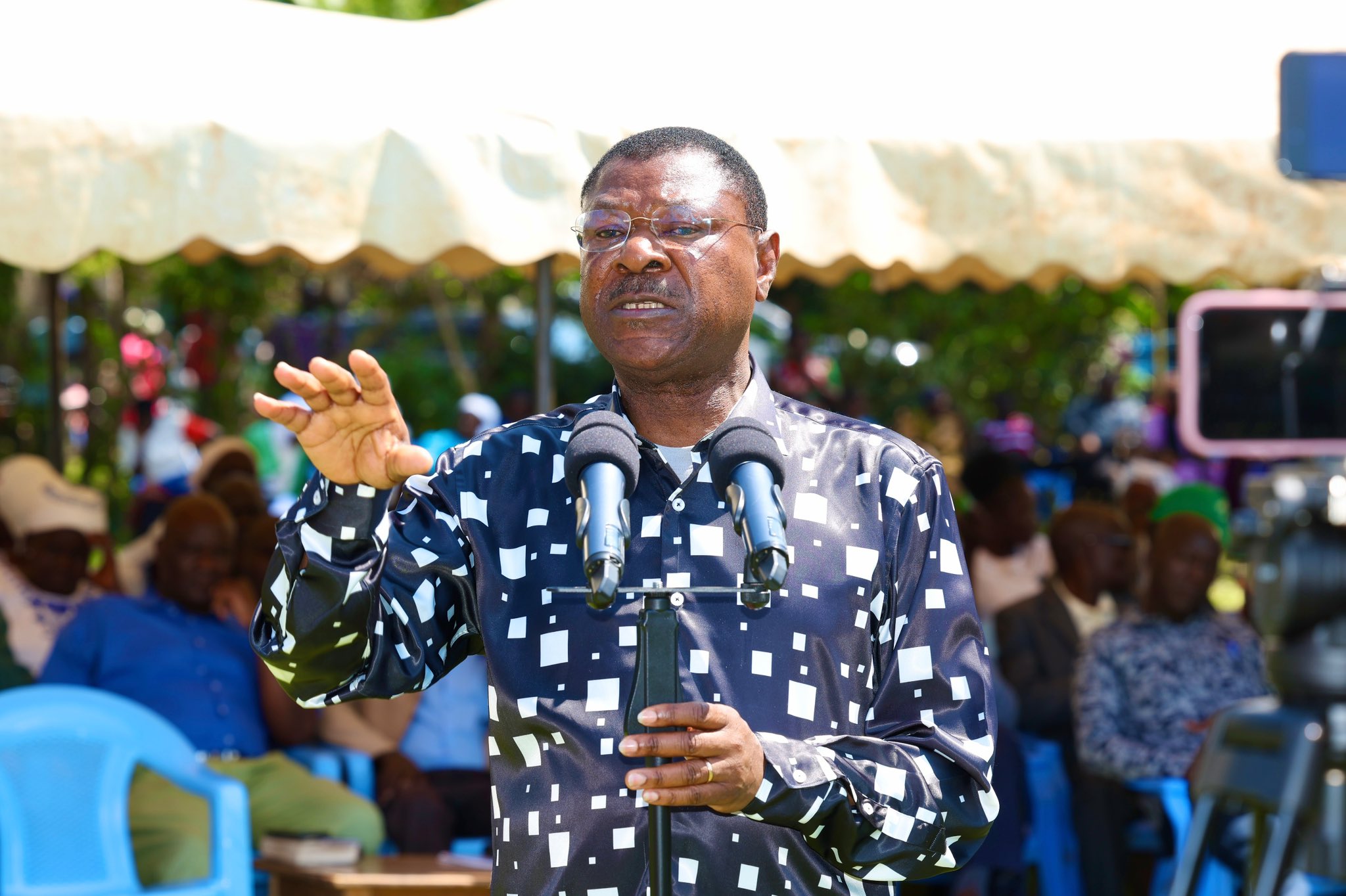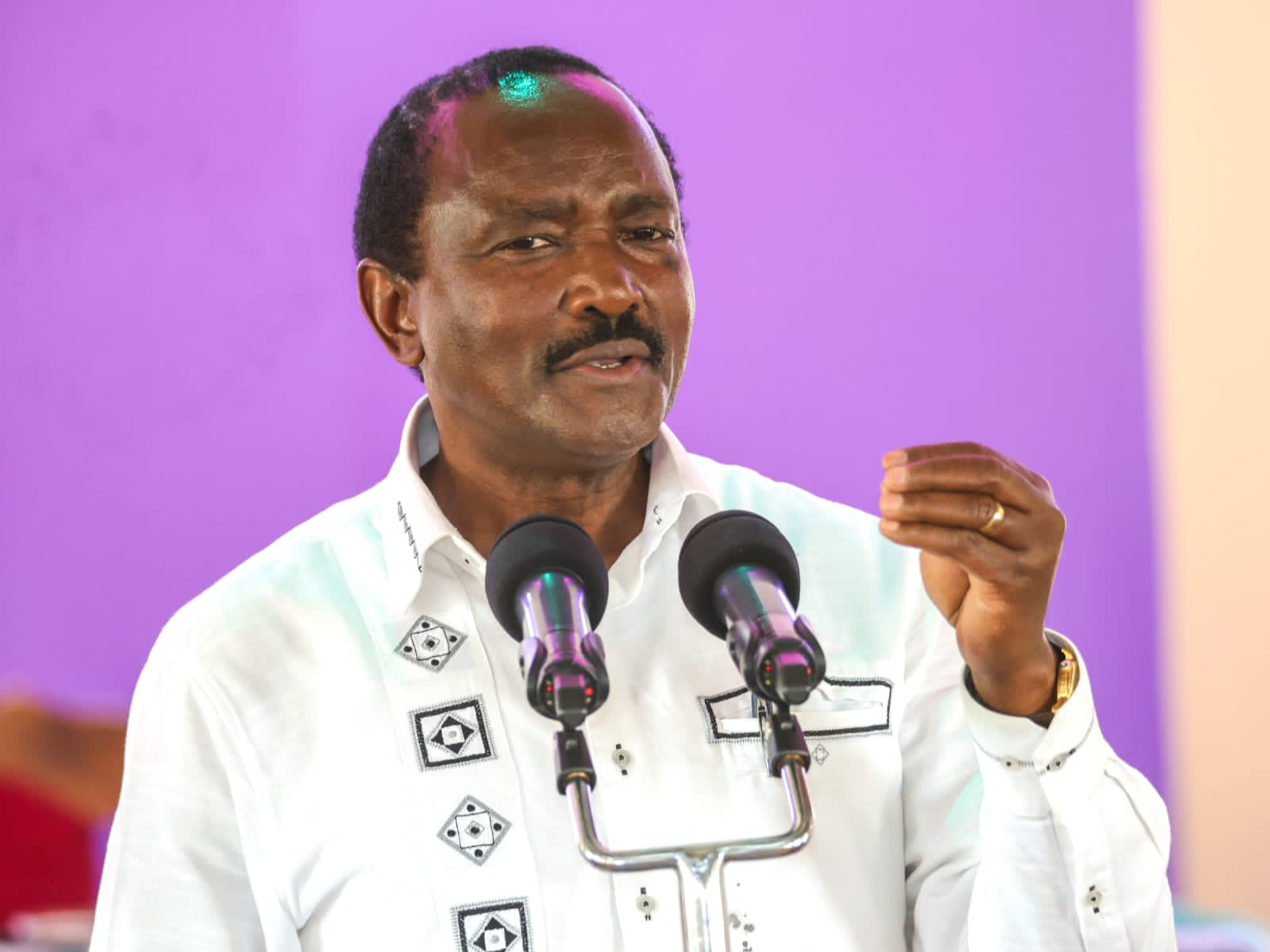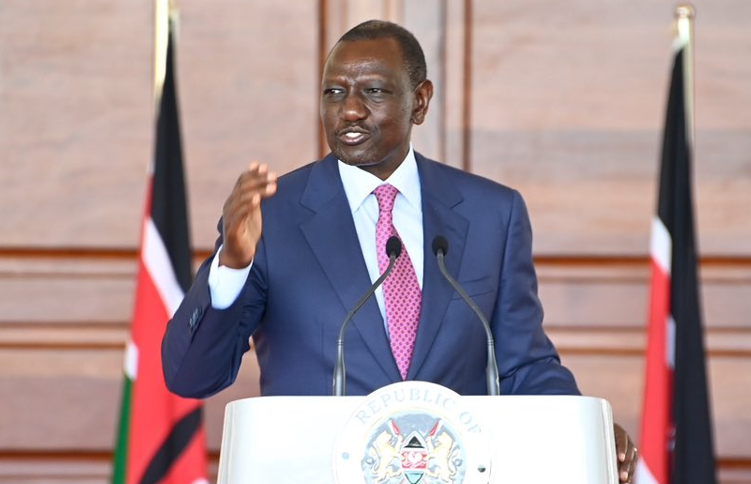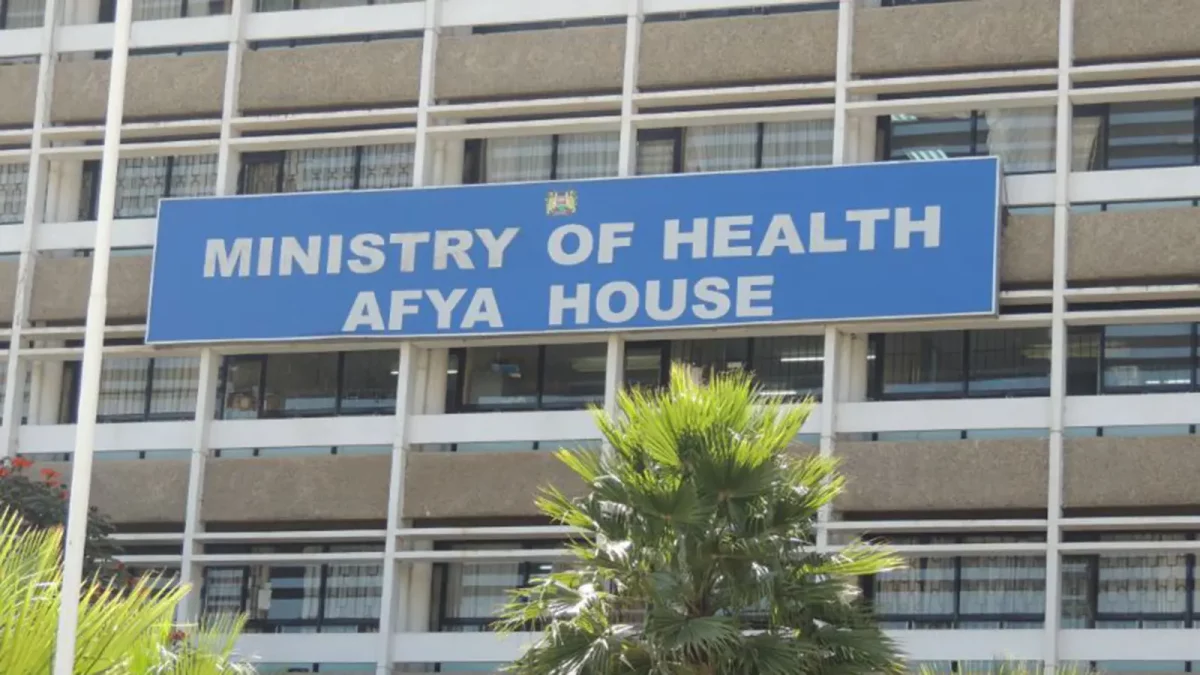Munya, Senate row delays coffee sub-sector reforms
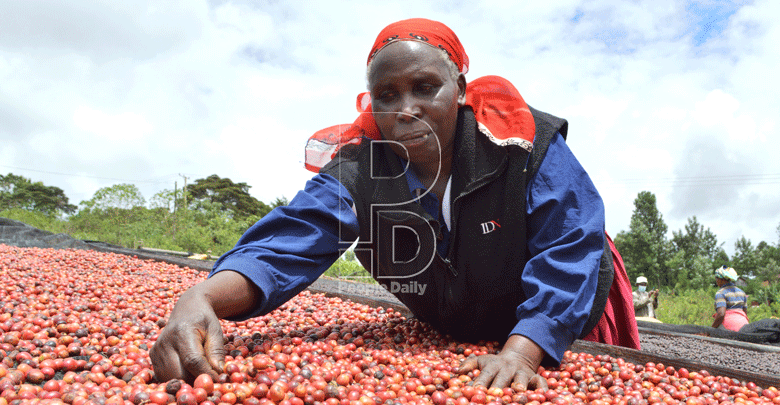
A standoff between the Senate and the Ministry of Agriculture regarding the management of the coffee s sub-sector is likely to disrupt President Uhuru Kenyatta’s efforts to revive the crop which is part of his legacy projects.
Agriculture Cabinet Secretary Peter Munya and Senate Agriculture Committee chairman Senator Njeru Ndwiga are separately fronting bills aimed at revamping the multi-billion-shilling sub-sector.
Industry stakeholders say the supremacy wars could delay the enactment of a comprehensive legislation that would be the climax of the reform agenda started by the President in 2016 when he established the coffee taskforce.
The mandate of the taskforce was to interrogate the entire coffee value chain, from production, processing and marketing, and identify areas that require interventions.
Industry stakeholders, including farmers, are watching the wrangles between the Senate and the Ministry with growing anxiety.
Uhuru also raised concern about the delay in the implementing the recommendations of the taskforce.
First reading
“The Coffee Task Force, which I established in 2016, completed its work and I am aware that the recommendations have not been implemented.
I direct the Ministry of Agriculture to immediately implement the Task Force recommendations,” Uhuru said in an address to the nation from Mombasa in January 2020.
The Senate Coffee Bill 2020, which was published last year has gone through he the first reading.
Ndwiga, who is the sponsor of the Bill, is seeking more views from stakeholders before it is read for the second time.
The Coffee Bill 2021 sponsored by the ministry was published in April but is yet to be presented to the National Assembly for the first reading.
The Council of Governors (COG) and small scale farmers support the Senate Bill saying it captures the spirit and addresses the interests of the wider industry.
Licensing role
“The Ministry of Agriculture failed to consult widely. Agriculture is fully devolved but the Agriculture Cabinet Secretary failed to consult the counties.
There has to be an amicable solution to the impasse,” said Kiambu Governor James Nyoro who is the COG’s Agriculture Committee chairman in a phone interview.
The two bills have some similarities. For example, they both seek to reconstitute the Coffee Board of Kenya (CBK) and the Coffee Research Institute (CRI) to enhance general governance system of the sub-sector.
But the draft laws disagree on certain areas, for instance, issuances of licenses by the counties and the national government and reorganisation of marketing.
Small scale farmers say the two bills are not only confusing but a duplication of efforts.
“We recommend that the two bills are harmonised for sustainability of coffee industry,” said Peter Gikonyo, the chairman of the Kenya Coffee Producers Association (KCPA).
Critics of the Ministry’s bill say it grants the CBK and CRI more powers than county governments, effectively reversing the devolving of the agriculture function.
The Ministry of Agriculture says more than 50 per cent of the outlined licences are supposed to be issued by the Coffee Board of Kenya but the Senate wants county governments to authorise most of the dealers.
“Munya’s bill is in total disregard of the sharing of functions and resources between the counties and the national government,” Ndwiga said during a recent interview in Nairobi.
He added: “We have consulted widely and will continue to do so until quality legislation is enacted to restore lost glory in the coffee industry.”
Reform agenda
The Embu senator accuses Munya of supporting the status quo by not proposing the restructuring of the milling and marketing systems contrary to the recommendations of the President’s taskforce.
But Munya insists the Coffee Bill 2021 is the panacea to the woes bedeviling the coffee industry and asked Ndwiga to withdraw the Senate Bill in favour of the National government bill.
“The Senator has been aware of the government’s intentions to sponsor a bill anchored in the broad coffee reform agenda to revitalise the sub-sector.
Why did he originate a private members bill? We cannot have two bills to legislate one commodity,” he said.

